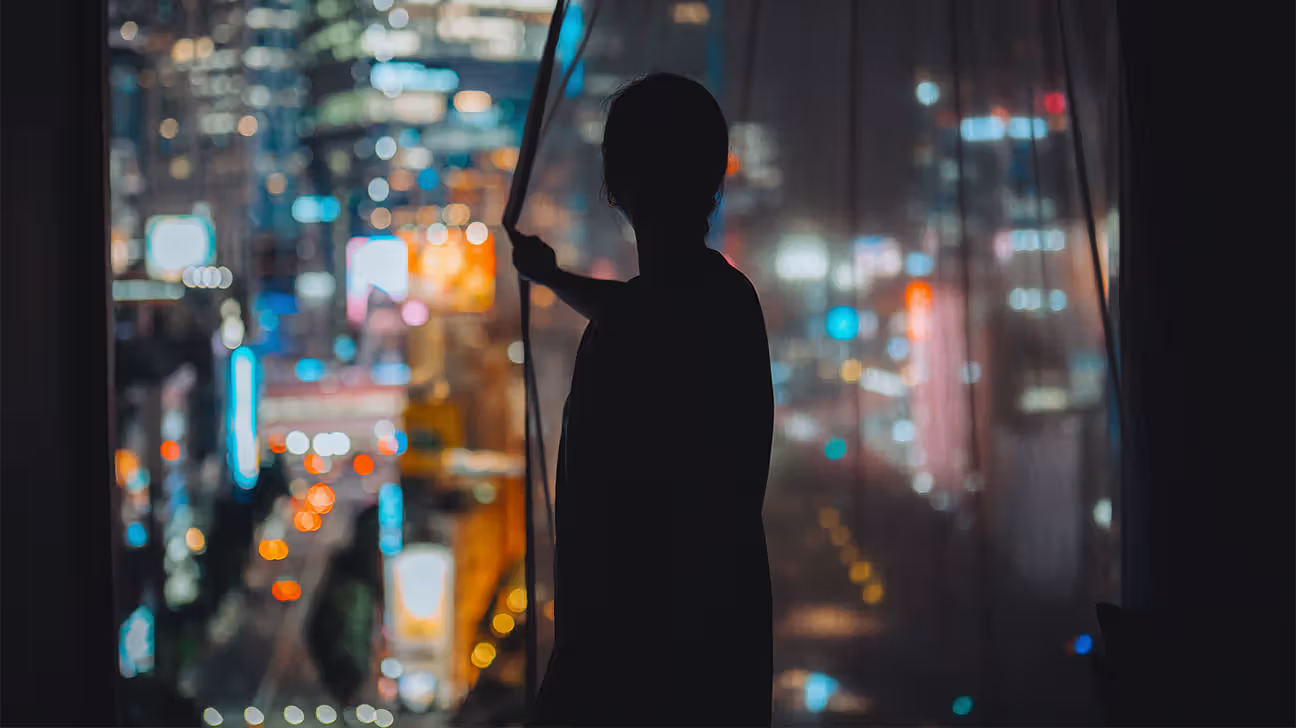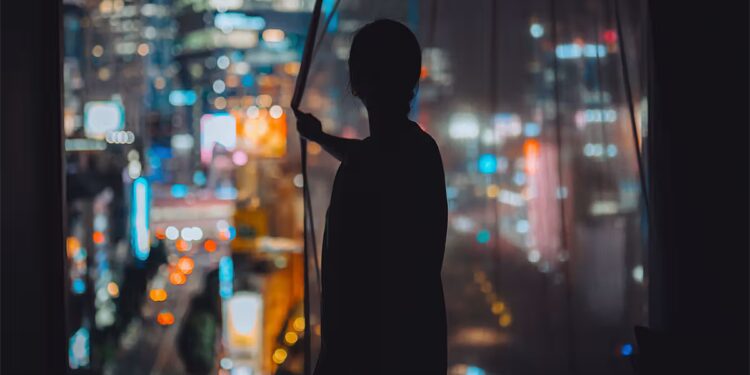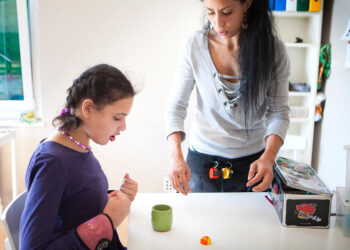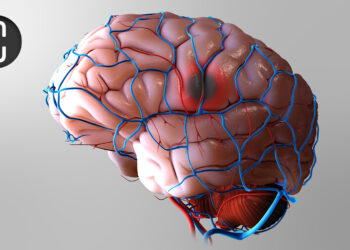
- A recent study reports that exposure to light during sleep is associated with a higher risk of cardiovascular disease.
- During sleep, ambient light contributes to brain stress that can cause arterial inflammation, which may lead to a heart attack or stroke.
- For an optimal sleeping environment, darker is better — but complete darkness is best.
A new study builds on existing evidence that sleeping in less than complete darkness can be detrimental to health, specifically damaging the cardiovascular system.
Sleeping while exposed to higher levels of light was associated with stress-related brain activity known to cause arterial inflammation throughout the body. Such inflammation raises the likelihood of a heart attack and stroke.
After 10 years, 17% of the study participants had developed major cardiovascular issues.
The authors found that as the amount of artificial light at night (LAN) exposure increased, so did the risk of eventual heart disease.
Each standard deviation upward in light was associated with a 35% increased likelihood of a heart attack over the following five years and a 22% increased risk over the next 10 years.
People who lived in areas characterized by elevated environmental or social stressors — including noise from traffic and lower neighborhood income levels — were at an even greater risk from LAN.
The study involved 466 adults who had received PET/CT brain imaging scans at Massachusetts General Hospital in Boston between 2005 and 2008.
Participants’ median age was 55, and 43% were male. Nearly 90% of the participants were white, and just over 10% were non-white.
The scans were performed as routine imaging at the hospital. The CT scans revealed the anatomical details of the participants’ brains, while the PET scans recorded metabolic activity in their tissues.
None of the participants had heart disease or cancer at the time of their scans.
To measure the lighting conditions in each of the homes where participants had been sleeping, the study authors used data from the Visible Infrared Imaging Radiometer Suite Day/Night Band aboard the Suomi National Polar-orbiting Partnership satellite.
Radiative transfer modeling provided highly localized estimates of ground-level sky brightness based on the satellite data. (The modeling did not include natural starlight and moonlight.)
The new study adds to a growing body of evidence suggesting that sleeping in a dark environment is the healthiest way to sleep, said Jonathan Cedernaes, PhD, a sleep expert at Uppsala Universitet in Sweden, who wasn’t involved in the study.
“Both animal and human intervention studies have demonstrated that LAN can disrupt multiple neurophysiological systems, disrupting both metabolism and inflammation,” he told Healthline.
For instance, a 2022 study in which one group of participants slept in a typical room with light at around 100 lux (lx) — considered to be at the low end of average bedroom lighting — while another group slept in an even dimmer light of less than 3 lux.
In a recent cohort
Blue light from mobile screens is a well-known obstacle to sound sleep, but ambient light is also a contributor.
A 2022 meta-analysis of seven cross-sectional studies found that those with greater levels of LAN exposure — especially indoor — had a 22% greater risk of sleep problems.
“Inflammation is a result of stress, and inflammation is a primary driver of atherosclerosis, and therefore heart disease and stroke,” said Jayne Morgan, MD, cardiologist and vice president of Medical Affairs for Hello Heart. Morgan wasn’t involved in the study.
“The heart and brain are interconnected, as what happens to the arteries of the heart is also occurring in the vessels of the brain,” she told Healthline.
“Those with brighter bedrooms (meaning more lights on at night) have shown higher rates of heart disease,” she said.
“Darkness signals the body to produce melatonin and decreases the body’s processes, including lowering blood pressure. The longer the lights are on at night, the more delayed is this healthy nighttime drop in blood pressure,” she said. “Additionally, your morning hormones spike later (cortisol, etc.),” Morgan continued.
Sleep quality duration is important for heart health. “Less than six hours of sleep has demonstrated a higher risk of heart disease,” Morgan said.
Source link : https://www.healthline.com/health-news/light-exposure-sleep-cardiovascular-disease-risk
Author :
Publish date : 2025-11-17 10:35:56
Copyright for syndicated content belongs to the linked Source.













